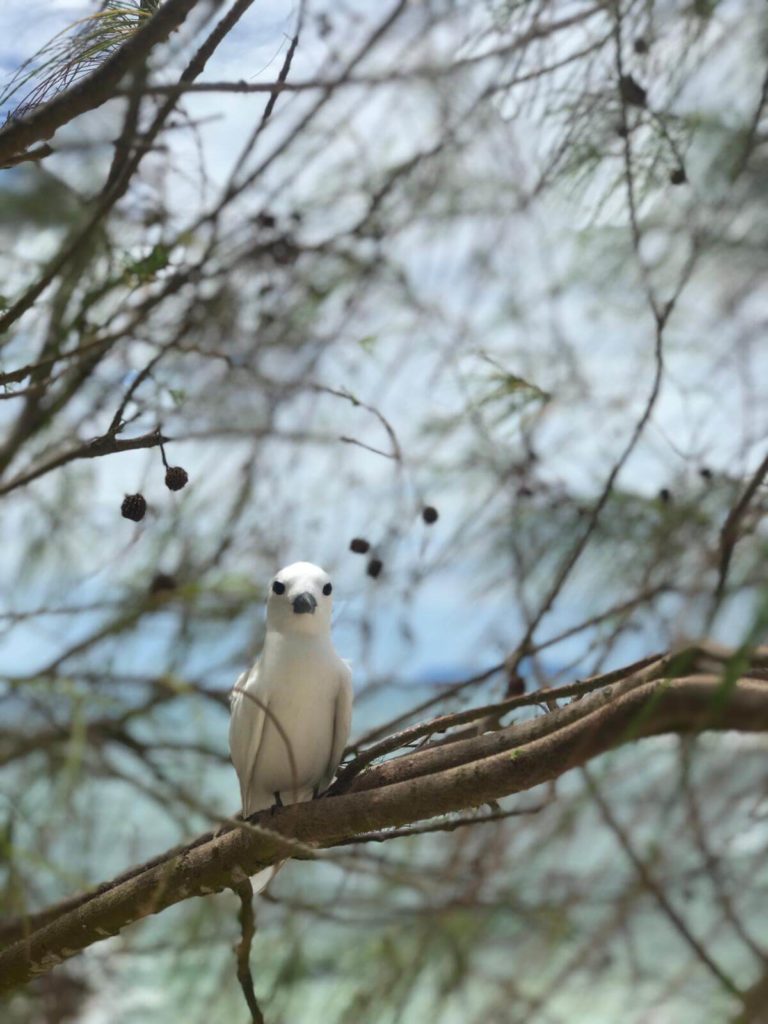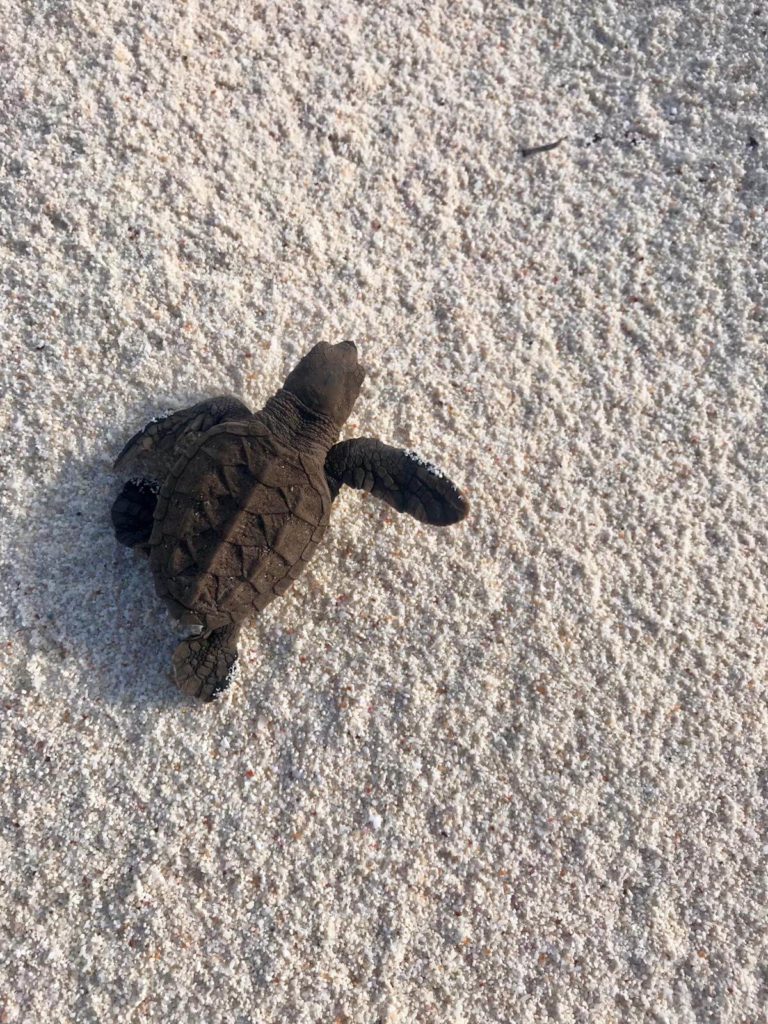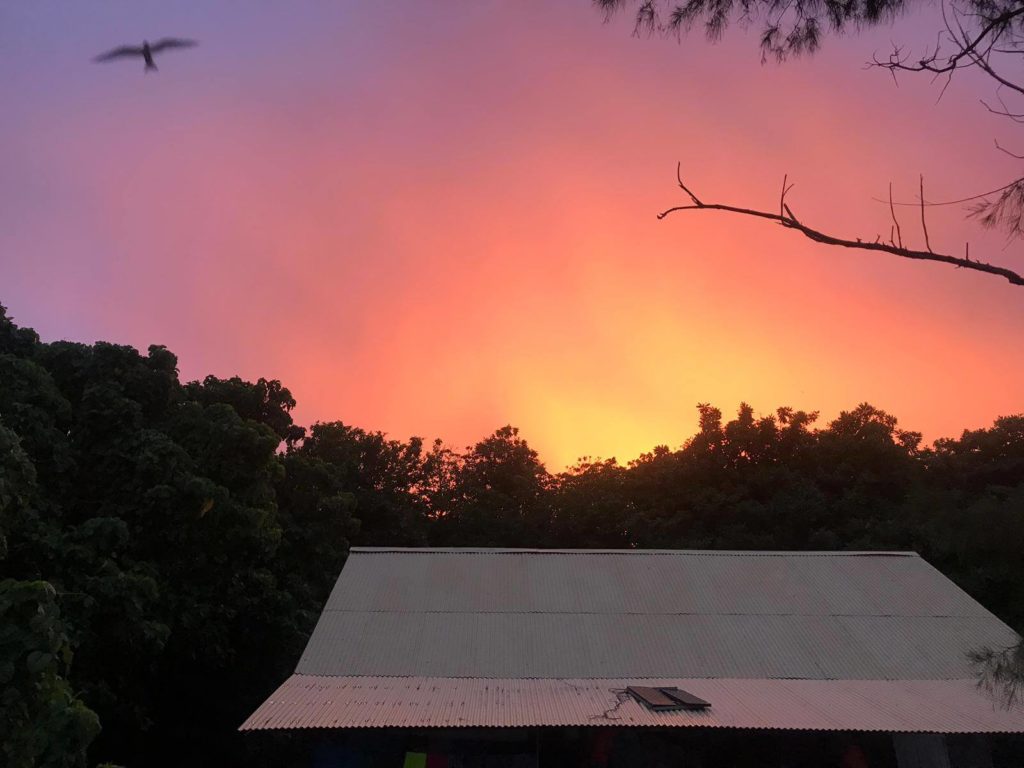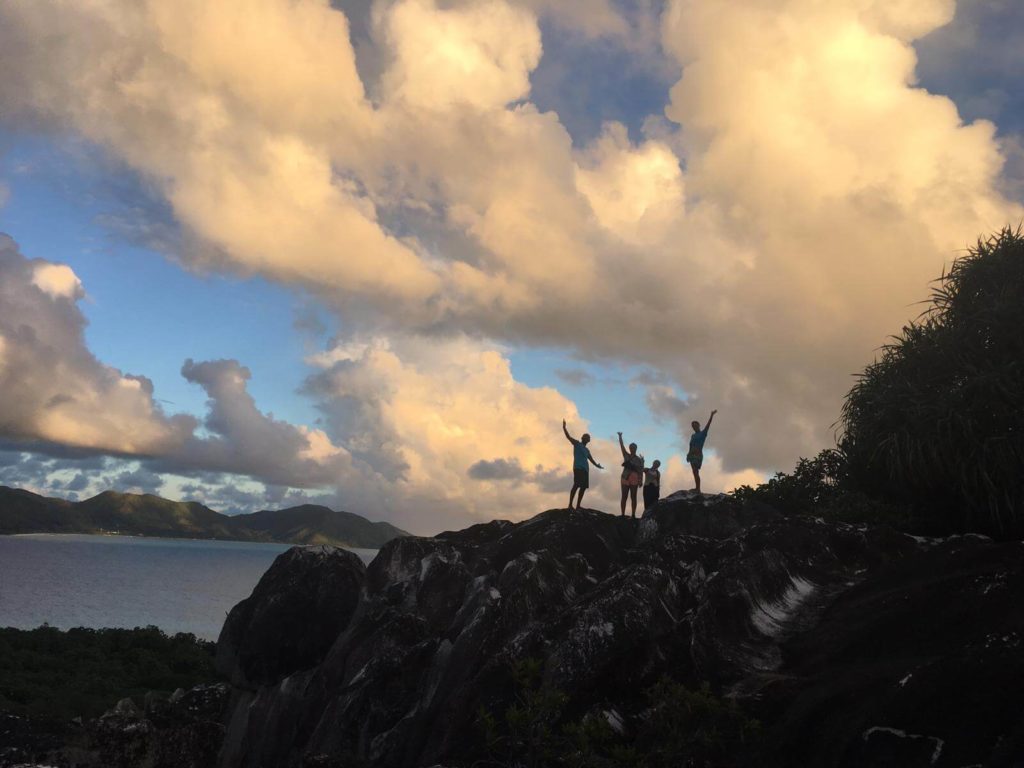
In January 2020, I was lucky enough to start the year off volunteering for the month in the Seychelles. I spent this time on Cousin Island which is a Special Nature Reserve. Here I took part in the Conservation Bootcamp with Nature Seychelles and I can safely say it was one of the best experiences of my life. I had recently graduated in November from Trinity College Dublin with a B.A. in Geography and Sociology. This degree combined with my life-long love of nature resulted in a serious passion for conservation. After feeling a little lost after graduating I stumbled across the Conservation Bootcamp which almost looked far too good to be true, a month volunteering in paradise how could I say no! I immediately applied. From there, my incredible journey began as I prepared to head off alone into what felt very much like the unknown.

I didn’t know much about the Seychelles, except that it was made up of many small islands known for their beautiful beaches. Of those islands, it was Cousin Island that became my home. Before becoming a Special Nature Reserve, it was a coconut plantation. This changed when Bird Life International bought the island in 1968 order to attempt to save the last tiny population of an endemic bird species, the Seychelles warbler. After being bought, most of the coconut trees were removed and replaced by indigenous trees and plant species which would have existed before the plantation. The knock-on effect of this along with increased conservation work was incredible, several endemic seabird species began to thrive along with land bird species such as the Seychelles Magpie Robyn which was also near extinction. The island is also a hotspot for Hawksbill Turtles during their nesting season. Eco-tours now take part on the island running Monday-Friday as a result of the major conservation successes the island has had.

This brings me to my work on the island, to explain I’m going to paint a picture of what a typical day on Cousin would involve!
The day could begin bright and early at 6.30 A.M. with a turtle patrol. This is to ensure we don’t miss any turtles coming to lay so that we can gather as much data as possible. We would record turtle length, turtle width and clutch count when they are laying along with other observations.
At 10 A.M. we would follow one of the guided eco-tours. At the start of the month this was to observe and learn about the island but at the end of the month I was giving my own tours! After some lunch at 2 P.M. we would head into the forest for Seychelles Magpie Robyn monitoring! This meant getting your mosquito protection gear on and observing these beautiful birds in their habitat.
These birds are full of personality and very territorial so observing their behavior is crucial to see how the different groups are interacting along with learning more about the species. A very important activity to factor into the day is hanging out with George, the oldest member of the island community at around 160 years old! George is a Giant Aldabra Tortoise and loves a cuddle. Around 6 P.M. depending on the day you have Data-Entry. This is inputting everything that has been gathered from the day into the system that dates back over 100 years.



Other activities to be done include bird ringing, beach clean ups, turtle nest excavations, invasive species removal, field center maintenance, tortoise census and beach profiling. Beach profiling has been particularly important recently as the island is experiencing changes and erosion stronger than ever before.
So much so, that the solar panels had to be re-located, trees are falling and the field center along with some of the warden’s houses are threatened. This was frightening to see first-hand the effect of climate change as it really is the smaller islands that are being noticeably directly affected. Similarly, the beach clean ups are just as eye-opening as even though the island has only a maximum of 20 residents and is carbon neutral, the amount of plastic, polystyrene and general waste washing up on the shores is devastating.

Overall, the volunteering was hard work but the whole experience was magical. The saying
‘Choose a job you love, and you will never have to work a day in your life’ – Confucius
really applies here because I adored every second. If I have any advice it would be to just go for it! Heading off to a tropical island alone felt a little daunting but what I gained from the experience is endless. I have made friends for life all of whom I was able to learn something from, whether it was conservation related, culture related or even just card games! I have learnt so much about working in the field of conservation but also very importantly so much about myself.
It has kick started a drive for me to get out there to see what the world has to offer, what I can learn and how I can help. Memories of this month will stay in my heart forever.


by Mika Egan. Volunteer in the Seychelles

